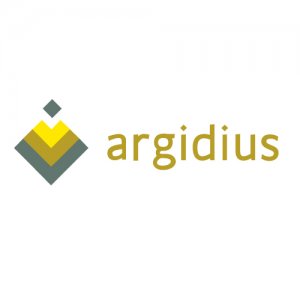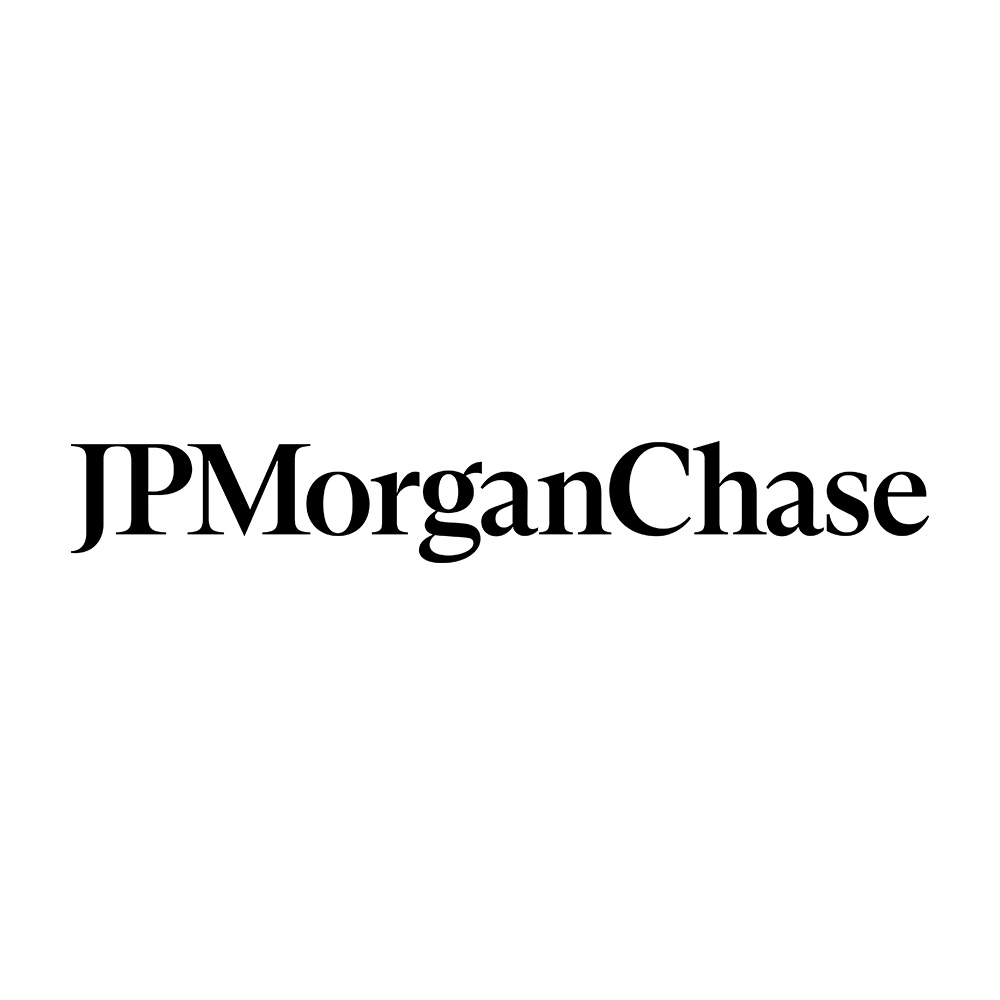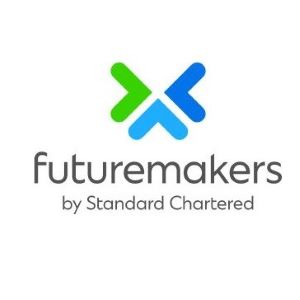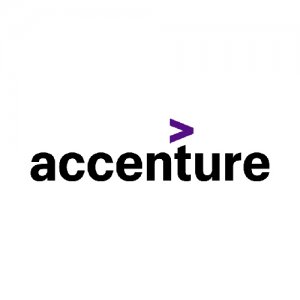
Basel Al Sililati
SwedenFood can help bring home closer. That’s why Basel Al Sililati, born and raised in Syria but now living in Sweden, together with two partners, Ahmad Al Masri and Mohammad Hussein, decided to open a traditional Middle Eastern restaurant near Stockholm.
In 2014 Basel embarked on the risky journey from Syria to Sweden, passing through Libya, with his father. As a refugee, he settled down in a city not far from Stockholm and some time later was joined by the rest of his family. With no academic qualifications, he worked as a mobile phone technician for a few years before deciding to set up his own business with his partners. Becoming an entrepreneur was a way to create a better life for himself after so much hardship.
Supported by his family who had experience in hospitality, Basel, together with Ahmad and Mohammad, opened Almalek – a family-run Middle Eastern restaurant serving food that reminds him of his hometown, Damascus. The restaurant is a local favourite attracting a varied clientele, from families to groups of friends, to those working in the city centre looking for a tasty meal on their lunch break.
Basel’s restaurant was doing well and earning solid profits until the COVID-19 crisis struck. Although Sweden never went into full lockdown, the impact of the pandemic on the hospitality sector was harsh and immediate: people’s concerns about both their health and losing their jobs led them to cut any unnecessary expenses. With more people working from home, too, lunchtime clients almost vanished. As did Basel’s profits, which fell by almost 90%.
Despite his profits plummeting, Basel still had to ensure he had enough cash flow to pay for fixed costs such as rent and salaries. Unfortunately, Basel was not eligible for any of the government funding schemes as he had set up his business only a few months before the pandemic started. Adding to what was already a challenging situation, his landlord refused to sign up to a government scheme supporting tenants.
However, true to his entrepreneurial spirit, Basel didn’t lose faith. Instead, he made changes to adapt his business to these new circumstances, and started offering a take-away and catering service. Almalek is now a registered restaurant that provides free lunches to students as part of a municipality-led initiative that covers the cost of such meals. This is an additional stream of income that is helping Basel to keep his business alive.
Many of these new ideas and opportunities are the result of the support of NyföretagarCentrum, a YBI member based in Sweden. The organisation’s help has been key in ensuring Basel was aware of various support opportunities available to businesses, as well as ideas to adapt his business plans. As Basel’s proficiency in Swedish is limited, he has received some invaluable help from an Arabic-speaking counsellor – another Syrian refugee – who has helped him to access finance by liaising with the banks on his behalf.
The worst is not over yet and there are still many challenges ahead, but Basel remains positive and advises entrepreneurs in similar situations to keep fighting:
“Don’t give up! Try to make your business viable enough to keep it afloat. This too shall pass – there is a time after Corona!”
Basel is one of the many entrepreneurs who are receiving support through our COVID-19 Rapid Response and Recovery Programme with Google.org. NyföretagarCentrum is delivering a range of services, including crisis hotlines, business counselling and mentoring.
Supported By
In Partnership with
Other Stories
Niranjan Ovhal’s story
Mustafa Panshiri
Those who make it possible
View all
Argidius Foundation

JPMorgan Chase & Co

Standard Chartered Foundation

Accenture
